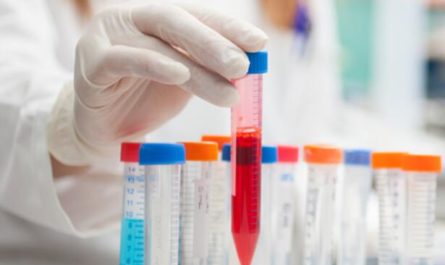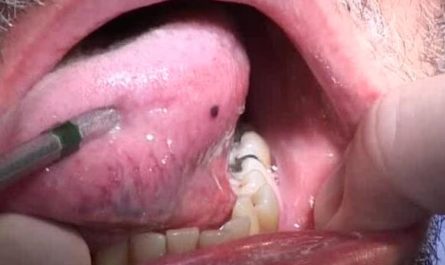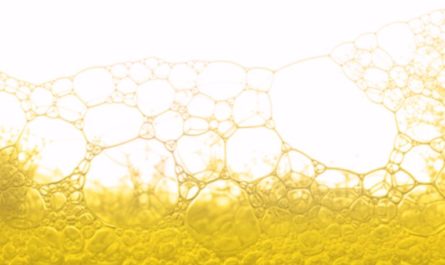When it comes to our health, it’s important to pay attention to even the smallest details. One such detail that often raises concerns is the color of our poop. While it may not be the most pleasant topic of conversation, the color of our feces can provide valuable insights into our digestive system. This comprehensive guide will explore the question, “Why is your poop green?” We will explore the 12 common causes of green poop.
What Does Green Poop Mean?
The color of your stool can be influenced by various factors, including bile, diet, and gut bacteria. Generally, feces range in color from brown to green, depending on the time it takes for food to pass through your digestive system.
When your poop appears green, it indicates it has passed through your intestines too quickly, preventing the bile from being fully broken down and absorbed. As a result, the green pigment in bile, known as bilirubin, remains in your stool, giving it a greenish hue.
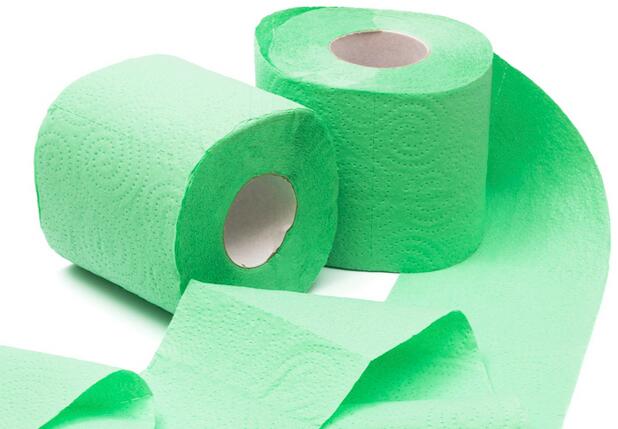
Why Is Your Poop Green: 12 Common Causes of Poop Green
Poop can turn green due to various factors, from dietary choices to digestive system conditions. Let’s dive into the details of these common causes of poop turning green:
1. Diet and Food Choices
One of the most common reasons for green poop is an individual’s diet. Consuming certain foods and beverages that are naturally green in color, such as leafy greens, green food coloring, or foods containing chlorophyll, can affect the color of your stool.
Additionally, a high intake of green vegetables, like spinach or kale, can increase chlorophyll in your digestive system, resulting in green-colored stool.
2. Medications and Supplements
Certain medications and supplements can also contribute to the development of green poop. For instance, iron supplements or medications containing iron can cause stool to turn green. Antibiotics, particularly those containing sulfur, can have a similar effect. If you notice a change in your stool color after starting a new medication or supplement, consult your healthcare provider for further guidance.
3. Gastrointestinal Infections
Infections affecting the gastrointestinal tract, such as bacterial or viral gastroenteritis, can lead to green-colored stool. These infections often cause rapid transit of stool through the intestines, resulting in limited time for bile pigments to break down and change the stool color from green to brown.
If you experience additional symptoms like diarrhea, abdominal pain, or fever, it is important to seek medical attention.
4. Rapid Transit Time
When stool passes quickly through the intestines, it may not undergo the usual chemical changes that turn it brown. This can occur due to factors such as diarrhea or a high-fiber diet, which can accelerate the movement of stool through the digestive system. The rapid transit time prevents the bile pigments from being fully metabolized, resulting in green-colored stool.
5. Bile Production and Secretion
Bile, a substance produced by the liver and stored in the gallbladder, plays a crucial role in digestion. It helps break down fats and gives stool its brown color. An issue with bile production or secretion, such as a gallbladder problem or liver disease, can lead to inadequate breakdown of bile pigments, resulting in green-colored stool.
6. Malabsorption of Nutrients
Certain conditions that affect the absorption of nutrients in the intestines, such as celiac disease or inflammatory bowel disease, can cause green-colored stool. When the absorption process is disrupted, food may pass through the digestive system too quickly, preventing the bile pigments from fully metabolizing and leading to green poop.
7. Bacterial Overgrowth
An overgrowth of bacteria in the small intestine, known as small intestinal bacterial overgrowth (SIBO), can contribute to green-colored stool. The excess bacteria can interfere with normal digestion and the breakdown of bile pigments, resulting in green poop. If you suspect SIBO, consult your healthcare provider for diagnosis and appropriate treatment.
8. Antibiotic Use
While antibiotics are often necessary to treat bacterial infections, they can also disrupt the natural balance of bacteria in the gut.
This disruption can lead to changes in stool color, including green poop. It is important to follow your healthcare provider’s instructions when taking antibiotics and consider probiotic supplementation to support healthy gut flora.
9. Food Poisoning
Certain types of food poisoning, such as salmonella or giardia infection, can cause green-colored stool. These infections can lead to inflammation and changes in the digestive process, resulting in altered stool color. If you suspect food poisoning, it is crucial to seek medical attention, especially if you experience severe or persistent symptoms.
10. Liver Conditions
Liver conditions, such as hepatitis or cirrhosis, can affect the production and secretion of bile, leading to changes in stool color. If your liver is not functioning properly, it may result in inadequate breakdown of bile pigments, causing green-colored stool. If you have any concerns about your liver health, consult a healthcare professional for evaluation.
11. Stress and Anxiety
Believe it or not, stress and anxiety can impact your digestive system, potentially leading to green poop. When you are under stress, your body’s natural fight-or-flight response can alter the normal functioning of your digestive system, including the breakdown of bile pigments. Managing stress through relaxation techniques and self-care may help alleviate this issue.
12. Biliary Obstruction
In some cases, green-colored stool can indicate a blockage in the bile ducts, preventing the proper flow of bile. This can be caused by conditions such as gallstones or tumors. If you experience persistent green-colored stool accompanied by other symptoms like abdominal pain, jaundice, or dark urine, it is essential to seek immediate medical attention.
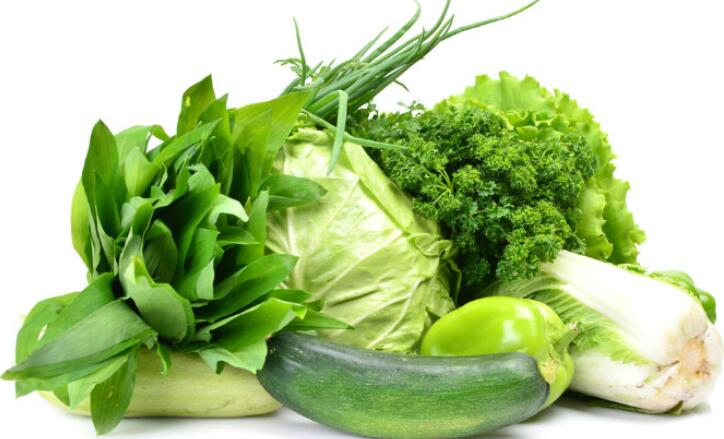
How to Prevent Green Poop?
Although green poop is often harmless, maintaining a healthy digestive system can help prevent its occurrence. Here are some practical tips to consider:
1. Balanced Diet and Hydration
Maintaining a well-balanced diet rich in fruits, vegetables, whole grains, and lean proteins can promote regular bowel movements and minimize the likelihood of green stool. Additionally, staying adequately hydrated supports proper digestion and helps prevent constipation.
2. Medication Management
If you suspect a medication or supplement is causing your green poop, consult your healthcare provider. They may be able to adjust your dosage or recommend alternative options that alleviate the color change.
3. Hygiene and Food Safety
Practicing good hygiene and food safety measures is essential for preventing bacterial infections. Wash your hands thoroughly before handling food, and ensure your meals are cooked and stored properly.
4. Probiotics and Gut Health
Incorporating probiotics into your diet can help maintain a healthy balance of gut bacteria. Probiotic-rich foods like yogurt, kefir, sauerkraut, and kimchi can promote optimal digestion and reduce the likelihood of digestive issues.
When to Be Concerned
In most cases, green poop is not a cause for immediate concern. It is often temporary and resolves on its own within a few days. However, you should seek medical attention if you experience other accompanying symptoms like severe abdominal pain, persistent diarrhea, blood in your stool, or weight loss.
1. Persistent Green Stool
If your poop consistently appears green for an extended period without any obvious dietary reasons, it’s best to consult a healthcare professional to rule out any underlying health conditions.
2. Diarrhea or Loose Stools
Green diarrhea or frequent loose stools, especially when accompanied by other symptoms like abdominal pain, fever, or dehydration, can indicate an infection or gastrointestinal issue that requires medical evaluation.
3. Blood in Stool
If you notice green stool with visible blood, it could indicate bleeding in the digestive tract, which requires immediate medical attention.
4. Changes in Stool Odor and Consistency
Significant changes in the smell or consistency of green stool may be related to digestive disorders that need medical evaluation.
FAQs
1. Is green poop always a sign of a health problem?
Not necessarily. Green poop can occur due to various factors, including diet, rapid transit time, or medication usage. However, if you experience persistent green poop accompanied by other concerning symptoms, it’s best to consult a healthcare professional for evaluation.
2. How long does green poop typically last?
The duration of green poop can vary depending on the underlying cause. If it’s due to dietary factors, it may resolve within a day or two. However, if it persists for an extended period or is accompanied by other symptoms, it’s advisable to seek medical advice.
3. Should I be concerned if my baby’s poop is green?
Green poop can be normal for infants, especially if they are exclusively breastfed. It usually indicates that the milk is moving through the digestive system quickly. However, consult your pediatrician for guidance if your baby shows discomfort, poor feeding, or the green poop persists.
4. Can stress cause green poop?
Stress can affect the digestive system and potentially lead to changes in bowel movements. While stress may not directly cause green poop, it can contribute to factors such as rapid transit time that may change stool color.
5. When should I seek medical attention for green poop?
While green poop is typically harmless, there are instances when it’s crucial to consult a healthcare professional. Consider reaching out to a doctor if you experience any of the following:
- Persistent green poop accompanied by severe abdominal pain
- Green stool lasting longer than a week
- Blood in your stool
- Unexplained weight loss
- Diarrhea lasting more than three days
A medical professional can evaluate your symptoms, conduct any necessary tests, and provide an accurate diagnosis.


